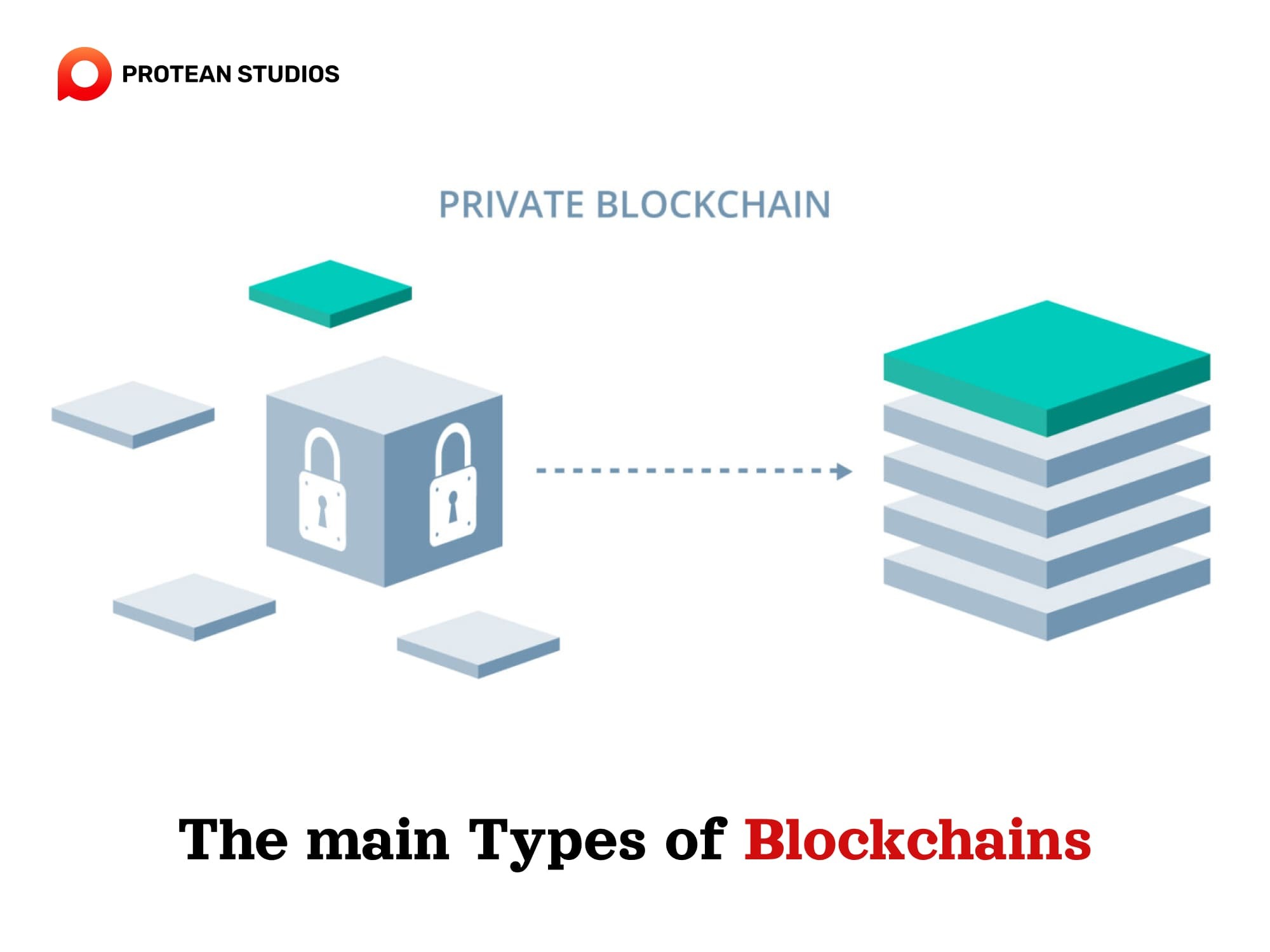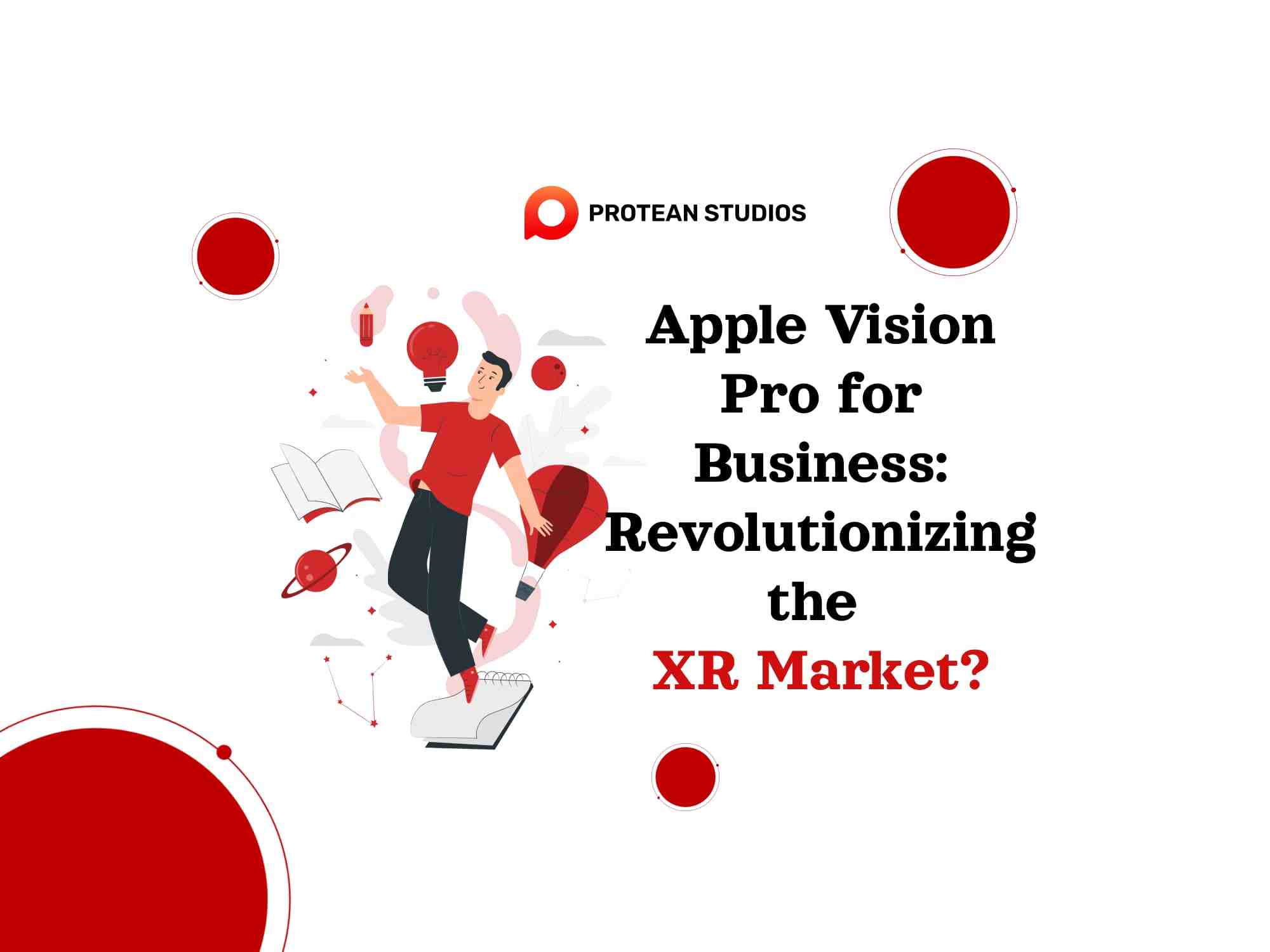In the realm of technological innovation, blockchain has emerged to solve many difficulties for businesses. Originally linked to the digital currency Bitcoin, blockchain technology has grown into something much bigger. In the blog, we will provide detailed information about this technology and explain why it has become a master in our lives.
I. What is the blockchain?
Blockchain technology is a system of storing and transferring data into blocks. It consists of a network of nodes that each maintain a copy of a shared ledger, which records transactions between participants. This technology will update the ledger through a consensus mechanism that ensures all nodes agree on the validity of new transactions.

Cryptographic hashes will divide the transactions into blocks and link them together, forming a chain of blocks. The blockchain is resistant to tampering, censorship, and fraud, as any attempt to alter the ledger would require the majority of nodes to agree on the change.
II. How does blockchain work?
The blockchain technology enables storing and exchanging data on a peer-to-peer (P2P) network. It transfers data in blocks, linking them together using cryptographic hashes. Each block contains a timestamp, a unique identifier, and the transactions that occurred within that block.
These blocks are like links in a chain. They're all connected, showing the journey from one place to another or when it changes hands. These blocks show people when each transaction happened, and they're all locked together, so no one can change or add a fake block.
All these connected blocks create a chain we call a "blockchain." Each new block added makes sure the ones before it are true. This makes the blockchain super secure, so no one can mess with it. It's like a super-protected list of transactions that everyone in the group can trust.
Learn more: Top 10+ Latest Software Development Trends In 2023
III. The main types of blockchains
Blockchains come in different types, each serving specific purposes, as below.
1. Public Blockchain
Public blockchains are open networks of computers that anyone can access to request or confirm transactions. Thus, people can join, read, write, or check transactions on the network. Examples of this type are Ethereum, Bitcoin, and Litecoin.
2. Private Blockchain
Private blockchains have restrictions on access. People rewuire permission from the system administrator to join. A single entity governs them, making them centralized and not open to everyone. An example is Hyperledger, Corda, and Quorum. It is faster, cheaper, and more efficient than public ones.

3. Hybrid Blockchain
This is a combination of public and private blockchains that allows for both public and private transactions. For example, Dragonchain, Kadena, and XinFin This type helps users achieve the best of both worlds by leveraging the advantages of public and private blockchains while decreasing their drawbacks.
4. Sidechains
Sidechains operate alongside the main blockchain, enabling the movement of digital assets between different blocks. It enables cheaper, faster, and more scalable transactions. Examples of side chains are liquid, RSK, and plasma.
IV. Applications of Blockchain Technology
Blockchain has many potential applications in various fields like healthcare, supply chain, IoT, AT, and social media.
1. Healthcare
Blockchain technology can improve the quality and efficiency of healthcare services. Because it can share data, interoperability, and traceability among patients, providers, insurers, and researchers. This blockchain application can also enhance the security and privacy of medical records, as well as ease the verification and authentication of drugs and devices.
2. Supply chain
This technology transforms supply chain management by enhancing transparency and traceability. An immutable ledger records each step in the supply chain, from manufacturing to distribution. This reduces fraud, ensures the authenticity of products, and helps in identifying and addressing issues such as recalls.

3.IoT
Integrating blockchain with IoT enhances the security and efficiency of connected devices. Blockchain's decentralized structure safeguards data integrity and prevents unauthorized access. It enables transparent and automated transactions between devices, facilitating the creation of decentralized IoT ecosystems.
4. AI
The synergy of blockchain and AI is promising for ensuring data integrity and enhancing the trustworthiness of AI systems. Blockchain can provide a transparent and immutable record of the data used to train AI models, addressing concerns related to bias and manipulation.
Smart contracts can automate and confirm AI processes, fostering trust in the decisions made by AI algorithms. This combination has the potential to revolutionize various industries, including finance, healthcare, and autonomous systems.
5. Social media
Thanks to blockchain technology, users can control social media platforms. It enables users to have ownership and control over their data. This platform also creates new opportunities for social media to monetize their content, services, and users.
Decentralized social media platforms built on blockchain solve issues related to centralized data storage, prevent data breaches, and enhance user privacy. Blockchain introduces the concept of tokenization, allowing users to receive rewards for their contributions.
V. Transfer your business via blockchain technology.
Blockchain technology is transforming the way businesses operate, enabling faster, cheaper, and more secure transactions across borders and industries. This innovative way of handling data brings top-notch security, transparency, and efficiency to your business processes.
In short, blockchain is not a technological innovation; it's a positive shift that empowers businesses and industries with unparalleled security, transparency, and efficiency. From reshaping how we secure transactions to revolutionizing supply chain management, its impact is profound.
-----------------------------------------------------------------------------------------------------------------------------------------------------------
As businesses embark on the journey of blockchain adoption, the key lies in strategic partnerships and expert guidance. At Protean Studios, we stand at the forefront of this technological frontier. With an experienced team, we can offer tailored solutions to integrate blockchain into your operations. We ensure that we will guide you through every step of the process.
If you have an interest in learning more about how blockchain can help you transfer your business, contact us today.




